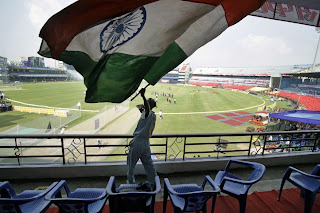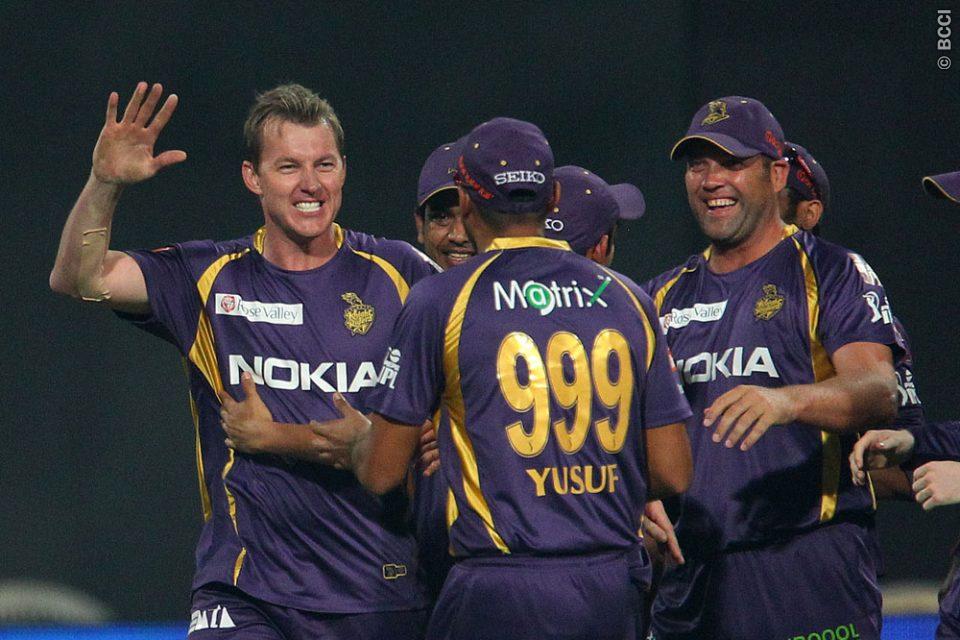India to host 2016 World T20, 2021 World Test C'ship and 2023 WC
The 2016 edition of the World Twenty20, the second World Test Championship in 2021 and the 2023 edition of the 50-over World Cup will be hosted in India, it was announced by the International Cricket Council at the end of their Annual Conference in London on Saturday (June 29).
These tournaments are part of the 2015-2023 cycle, which also includes another 50-over World Cup, World Test Championship and World Twenty20, along with three Women's World Cups, three Under-19 World Cups, two Women's World Twenty20s and four qualifying tournaments.
The World Test Championship replaces the Champions Trophy in the ICC's calendar and will take off in June-July 2017 under the aegis of the England and Wales Cricket Board.
Explaining the scrapping of the Champions Trophy, which, in any case, was expected to happen at the end of the recent edition in the UK, David Richardson, the ICC chief executive, said, "The ICC Champions Trophy in England and Wales was highly acclaimed and appreciated by all. However, the principle of one pinnacle global event for each of the three formats over a four-year cycle is a good one.
"Now that the ICC World Test Championship has been confirmed, we'll work on the playing conditions and qualification criteria, and will submit these to the ICC Board for approval in due course."
Among the other key announcements was the recommendation that all full ICC members play a minimum of 16 Test matches in each four-year cycle.
There were also a number of changes to playing conditions in international cricket, which will come into effect from October 1 this year.
These include:
1. TV umpires' review of a no-ball on the fall of a wicket can now include waist-high full tosses and bouncers above shoulder height
2. The formal introduction of a two-step process when the umpire believes the condition of the ball has been changed but there is no eyewitness to identify which player changed the condition of the ball: (i) replace the ball and give the captain a first and final warning and (ii) award a five-run penalty to the batting team, replace the ball (with the batsman to choose) and report the captain under the ICC Code of Conduct
3. Zing wickets (with flashing LEDs in the bails and stumps) can be used in limited-overs matches subject to an independent assessment of the technology being received by the ICC
The ICC Board also agreed to strengthen the approach to fighting corruption in the game. Among the "enhanced set of principles" announced by the ICC was "a consistent framework for international and domestic anti-corruption rules" that "addresses the jurisdictional challenges and sets out principles to support mutual recognition of Member Board decisions/sanctions".
"The ICC has a zero-tolerance approach towards corruption and is committed to using all powers available to it to achieve and maintain the goal of a corruption-free sport," said Richardson. "In the wake of recent events, the ICC and its member boards will further strengthen and tighten our anti-corruption codes and other integrity regulations pertaining to international and domestic events and develop methods for better information sharing across jurisdictions.
"The ICC remains confident, but not complacent, that the vast majority of players, officials and administrators in international cricket uphold the best interests of the sport. But there continues to be a very small minority whose involvement with corrupt practices discredits themselves and their colleagues, and tarnishes the reputation of the sport itself."




Comments
Post a Comment